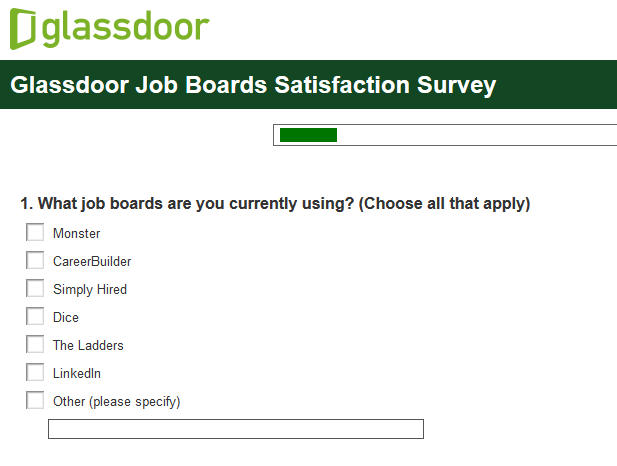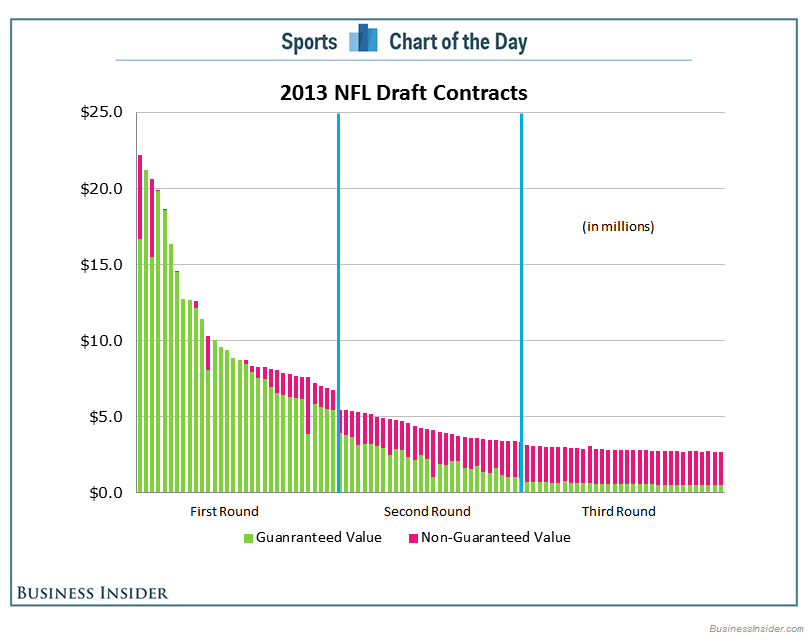I don’t have a tattoo, but if I did it would say this:
“Pick Up The G*d Damn Phone!”
That’s it. It would probably be one of those cool barbed wire kind of ones around my bicep, if I had biceps. Maybe I could even get it in another language so people would think it had some really deep thought or meaning.
I get asked weekly for advice on how to make ‘my’ recruiting department or shop better at recruiting. I get asked advice on if they should have talent communities. Should they use one software, over another software. Should they buy a LinkedIn seat or spend that money on a Facebook strategy. I get asked if about every single tool imaginable that is sold to talent acquisition pros.
Every single Recruiting Pro I speak with wants to know the solution, the answer, the trick, to great recruiting. Every. Single. One.
It’s not a trick, and it’s not hard. It’s actually quite simple. I tell them. Then, they look at me, pause, and then they ask, “yeah, but what about…”
It’s a painful experience. You see Talent Acquisition fails not because of the tools and processes, talent acquisition fails because the leadership in talent acquisition allows it to fail, because they want it to be something it’s not. It’s not HR. It’s not sit at your desk and wait for magical software to deliver you magical candidates who magically want to come work for your company.
Talent Acquisition is sales. It’s about me talking you into something. Like a car, but it’s not a car, it’s a job. There a reasons you want the job, and reasons you don’t want the job, just like a car. I have to convince you that you can really live with a green car, instead of a red car, because the green car is a better value or more reliable or something you’ll agree to. Say hello to recruiting.
I know of one Silver Bullet in recruiting. It’s as deadly today, as it was twenty years ago. It’s called activity. The recruiter with the most contacts will always fill more jobs over an extended period of time. Bam! It is that easy. And, that hard.


